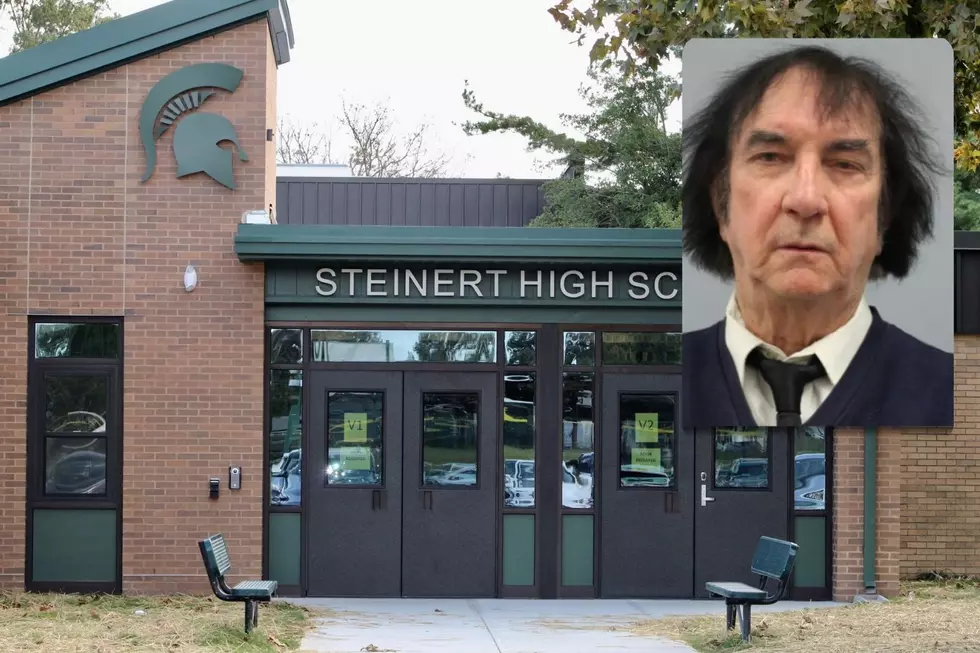
14 ways you can help keep New Jersey’s air clean
What can you do to help improve air quality in New Jersey? That question is being answered as part of a new campaign launched by the Department of Environmental Protection.
CleanAirNJ is designed to educate state residents on steps they can take in their own lives to reduce air pollution for a healthier environment.
"The Christie Administration has implemented broad policies and initiatives to improve the air we breathe, from battling air pollution that blows in from other states to fostering the growth of the renewable energy portfolio in our state," DEP Commissioner Bob Martin said in a press release Wednesday. "This new campaign will provide residents with individual and practical ways to make a difference."
- Turning off the engine and avoid unnecessary idling; 10 seconds of idling also uses more fuel than turning the engine off and then on again.
- Keep vehicle tires properly inflated to increase your gas mileage, thereby reducing the amount of smog-forming pollutants emitted from your vehicle.
- Keep vehicles and heavy equipment properly tuned to increase engine efficiency, thereby reducing emissions of smog-forming pollutants.
- If your vehicle's check engine light comes on, it could mean that your vehicle's emission controls are not working properly. Take your vehicle in for service and get it repaired if needed.
- Make sure to get vehicles inspected on schedule. For more information about NJ's vehicle inspection program, go to www.njinspections.com.
- Combine errands and trips in the vehicle to reduce "cold starts."
- Don't speed. Wind resistance from increased speed burns more fuel, thereby increasing the amount of pollution that forms smog.
- Choose a cleaner commute -- form car pools, use public transportation, bike or walk when possible.
- Keep the thermostat at a reasonable temperature in the summer, and use timed thermostats that increase the temperature when cooling isn't needed. This reduces the load on power plants, thereby reducing the amount of smog-forming pollutants they emit.
- Minimize yard work that involves power equipment (mowing, edging, mulching, and trimming) on high ozone days, or reschedule that work for good air quality days.
- Use paints, solvents, and cleaning products with little or no volatile organic compounds, preferably water-based products.
- Avoid spray paints, most of which us solvents containing volatile chemicals. Very fine spray also can become airborne. Use paint brushes and rollers when possible.
- Plan major painting, stripping and refinishing projects for spring and fall to avoid summer heat and sun. If you have to use solvent-based products in the summer, limit their use to the evening and avoid high ozone days.
- Tightly cap all solvents (paints, gasoline, paint thinners, strippers, and degreasers) and store in a cool place to avoid evaporation.
"Many of these things are incremental. If you do one or two, that's nice, but if you do all of the, it can really make a difference," said DEP spokesperson Larry Hajna.
A new website will serve as the cornerstone of the campaign and will provide useful information on the health impacts of air pollution, namely ozone-smog, along with steps people can take on a regular basis to help.
More From New Jersey 101.5 FM









